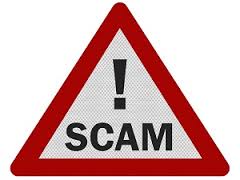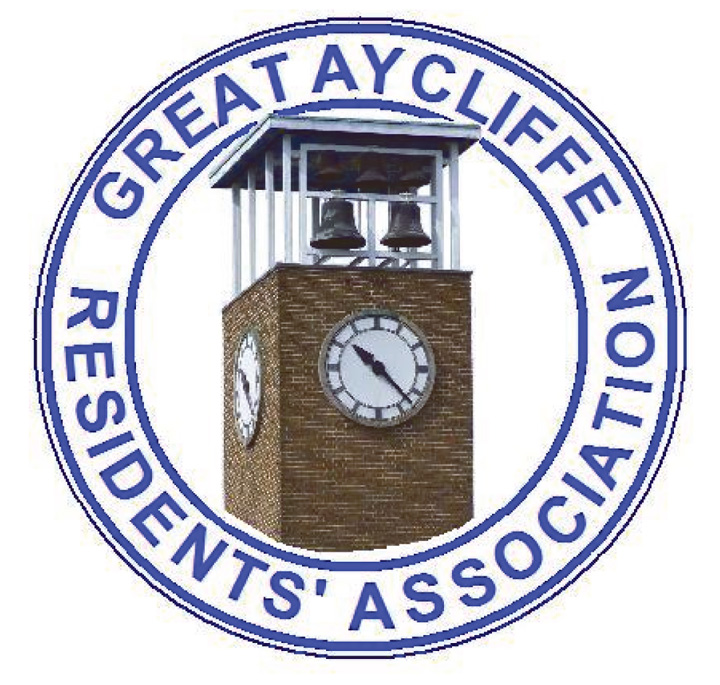The region’s biggest council is issuing an extra word of warning about scams prompted by the coronavirus outbreak that may be targeting vulnerable people.
Durham County Council’s trading standards team is advising residents to be wary of coronavirus based scams during the uncertain time.
Whilst the message to be wary carries across the whole of the UK, residents in County Durham are being offered advice and support from the council. A coronavirus scam advice page has been set up, helping point out what residents should look out for to avoid becoming a victim.
Guidance includes warning against advertisements for virus testing kits, vaccines and miracle cures. Unofficial shopping and medical collection services, as well as home cleaning services, are also highlighted as deserving extra caution.
See Durham County Council’s advice page: www.durham.gov.uk/covid-scams
Joanne Waller, head of community protection with Durham County Council, said: “In these challenging times for legitimate businesses, sadly there is a criminal element seeking to exploit people’s concerns and anxieties which may result in making hasty decisions and falling victim to scams and frauds.
“We would urge all residents of County Durham to be on their guard and mindful of scams which may target them at this time and follow the advice we are providing.
“If someone claims to represent the council or a charity, ask them for ID. Be suspicious of requests for money up front. If someone attempts to pressurise you into accepting a service, they are unlikely to be genuine. Check with family and friends before accepting offers of help if you are unsure.”
The National Fraud Intelligence Bureau (NFIB) has analysed 509 reports of scams related to coronavirus with total losses by those targeted of £1.6 million. In addition to council guidance, the following scams are highlighted by the NFIB.
Agencies advising recipients that they have been fined £250 for leaving their home twice in one day during the lockdown period or from HMRC requesting bank details to process a tax relief payment.
Phishing, which can take the form of an email that contains a malicious attachment, giving criminals access to banking details, usernames and passwords or a text with a link to a website.
Doorstep crime related to coronavirus includes substandard facemasks, antibacterial hand gels and other products being sold at an inflated price.
A more worrying development has been reports of criminals posing as NHS staff, offering vaccines which they claim will protect people from contracting coronavirus. A vaccine has not yet been developed and will never be offered to members of the public on their doorsteps. If someone knocks at your door offering any of these services, please do not engage as they are scams.
If downloading any software to connect with friends and family, it is advised that people make sure this is from a reputable source and not from a link on a social media site or from an email and do not supply any bank details at the point of download.
Residents are urged to report any scams they may be targeted by to Action Fraud on 0300 123 2040 or online at www.actionfraud.police.uk/
Advice regarding scams is available from the Citizens Advice Consumer Helpline on 0808 223 1133. An online scam helper tool is available to check if something might be a scam at https://www.citizensadvice.org.uk/consumer/scams/check-if-something-might-be-a-scam/
Residents can also protect themselves and their community by becoming a Friend Against Scams. Friends Against Scams is a National Trading Standards Scams Team initiative which aims to protect and prevent people from becoming victims of scams by empowering people to take a stand against scams. www.FriendsAgainstScams.org.uk/elearning/durham





![[editorial] in the community, with the community, for the community](https://www.newtonnews.co.uk/wp-content/uploads/2018/01/xeditorial.png.pagespeed.ic.nI4VuRGS-0.png)




